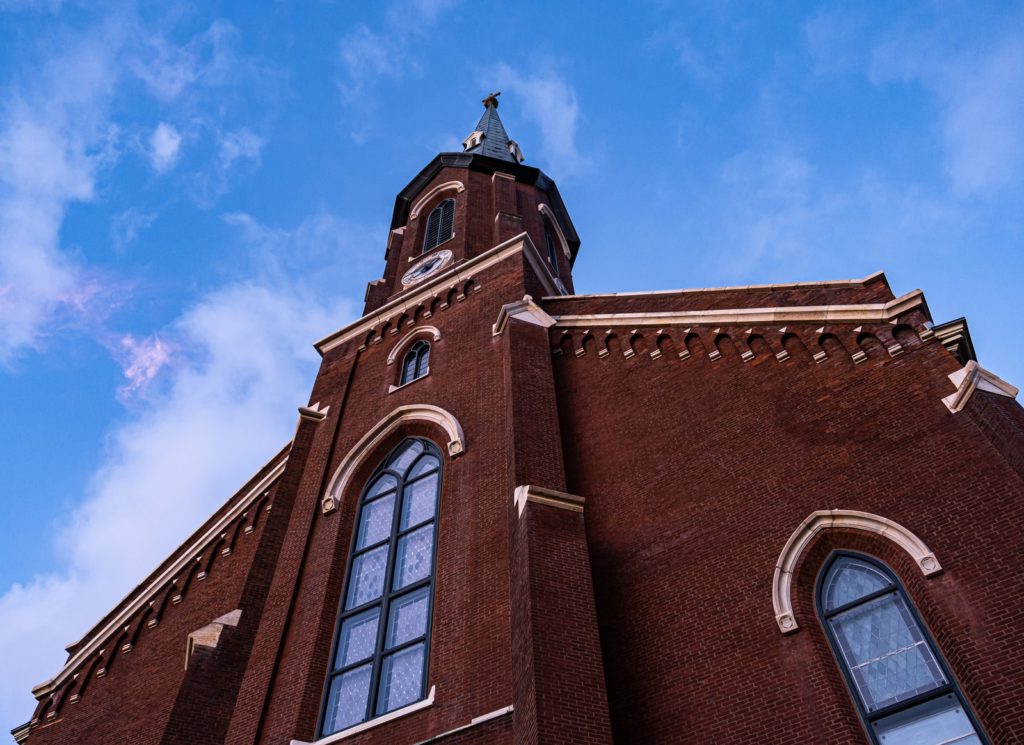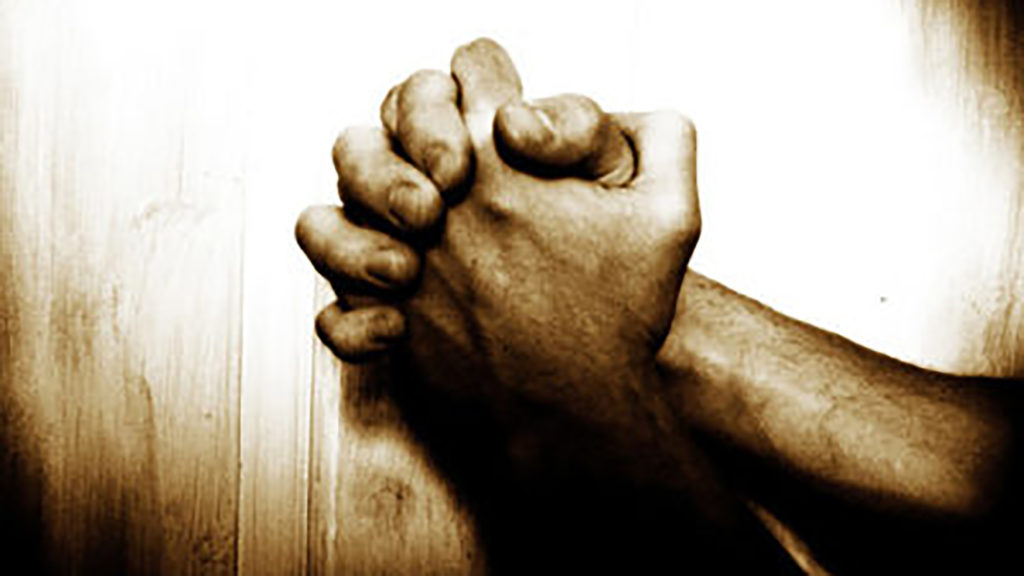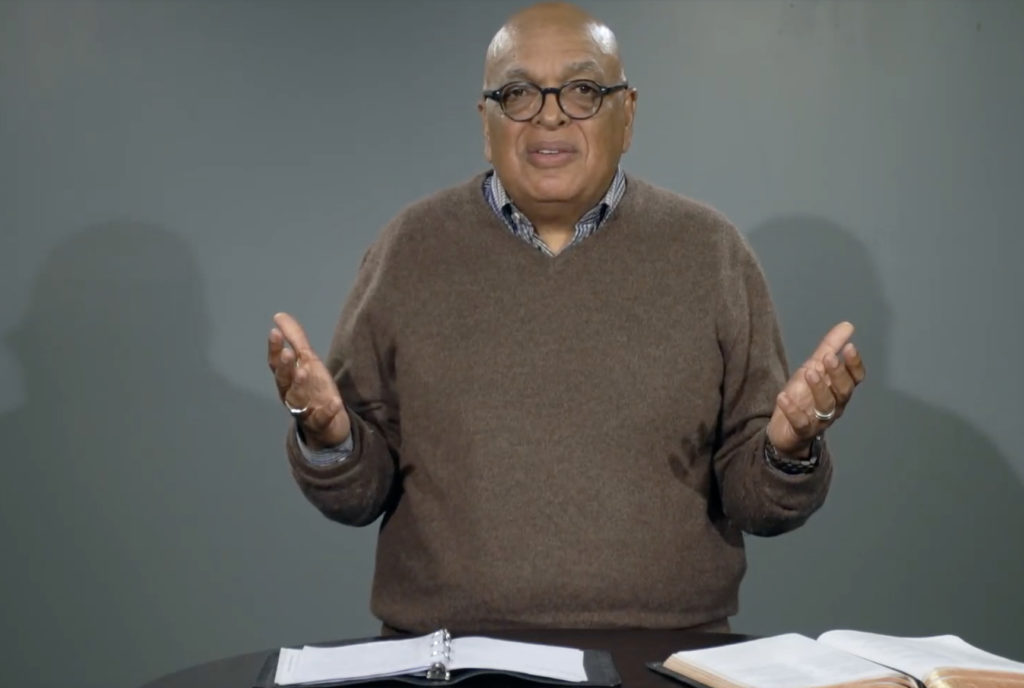On the cusp of completing his two-year presidential tenure as the first African- American president of the Southern Baptist Convention (SBC), pastor Fred Luter Jr. sat down for a Q-and-A session with the Baptist Message, the newsjournal of the Louisiana Baptist Convention.
Q: Would you reflect on being president of the SBC for the past two years?
A: It has truly been overwhelming to serve in such a position. On one hand, you are doing your best to visit as many churches, associations, state conventions, seminaries, colleges and entities as your time and schedule permit. On the other hand, you are getting phone calls, emails, texts from people all across the country making all kinds of requests from book endorsements, writing letters for all types of events, to media requests for interviews on current events happening in our country as well as throughout the world. Then to add to that I have to still maintain my most important roles as a husband, father and pastor. Whew.
Q: In your opinion, what is the state of the SBC at this time?
A: I believe the state of our convention is good; however there is a saying that goes, “We have come a long way, but we still have a long way to go.” We as a convention have to address our declining numbers in church attendance, baptism, reaching our young people and Cooperative Program (CP) giving. Until we can do better in those areas there will always be room for improvement. That is why revival and prayer are so critical at this time.
Q: Does the CP remain strong and viable today? How do you see the CP’s future shaping up?
A: The CP is not only viable but also critical to this convention if we are going to impact our world with the gospel. Because of our CP giving we are able to put missionaries all over the world to share the gospel with unreached people groups. We also are able to start and strengthen churches, as well as assist students at our seminaries who are being trained as future leaders in our convention. As for the future of CP giving, our churches must make our CP giving a priority because it is the engine that runs the SBC.
Q: Having been the SBC’s first African-American president, do you think the SBC is doing a better job of becoming more diverse? Do you see this diversity continuing?
A: Because I was elected unopposed as the first African-American president, I have certainly seen more conversation, both written and spoken, about the importance of involving all ethnic groups in SBC activities. And to that I say, “Praise the Lord.” In all of my travels across the country I have truly been impressed by the diversity at each function, whether it was a worship service or a Q-and-A time with the president. My prayer and hope is that this diversity will continue once my term ends at the Baltimore convention. I truly feel strongly that it will.
(BP)





Share with others: